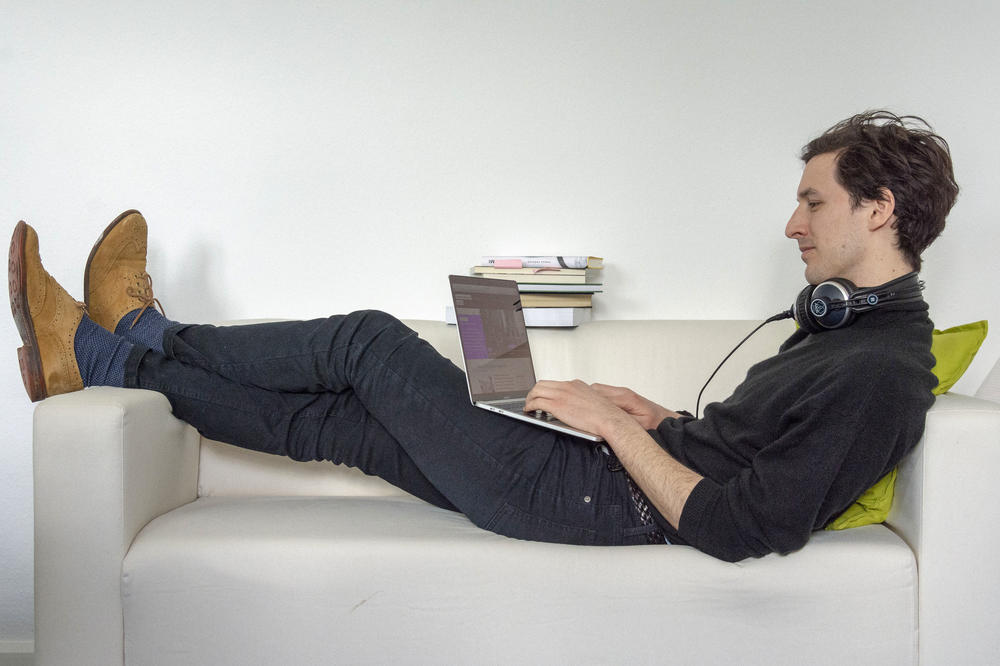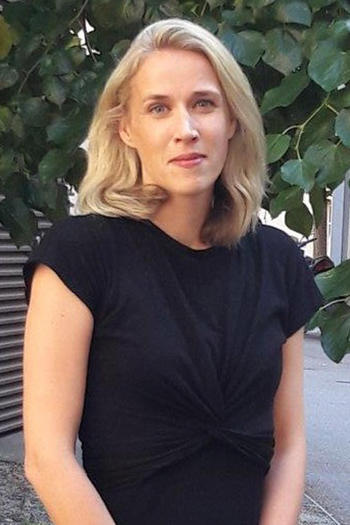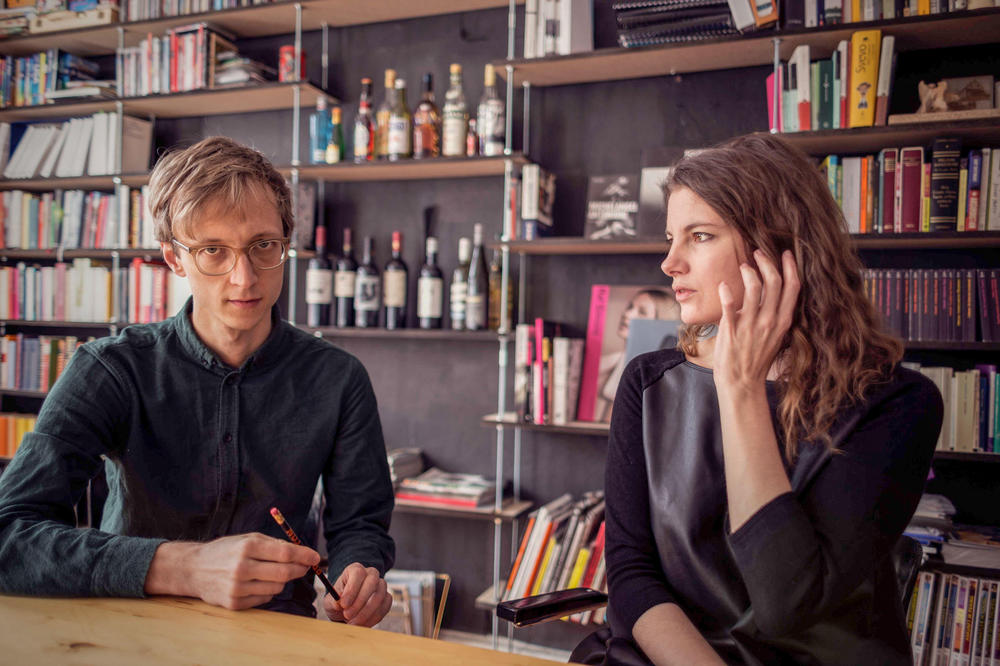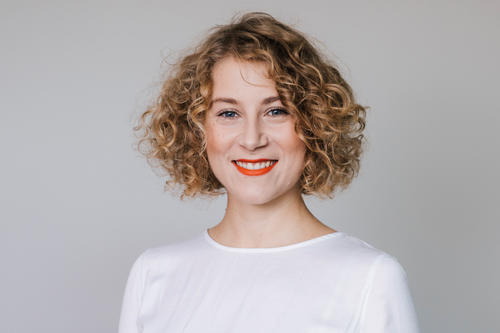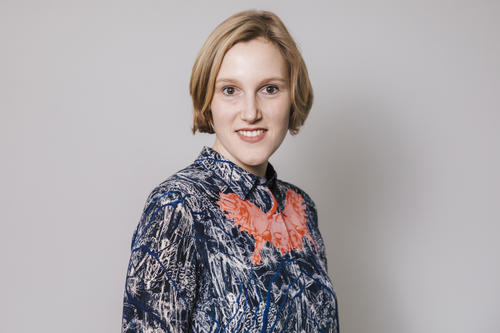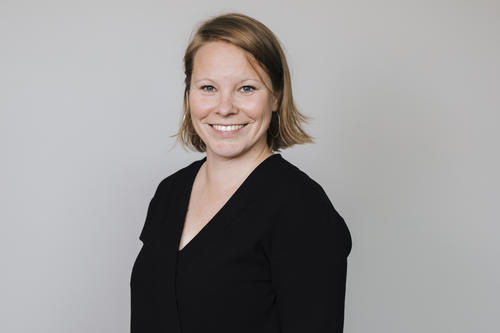Bringing Research to the Blogosphere
Discussing lines of argument, presenting ideas, or preparing and following up on events – blogs provide new communication opportunities for researchers. Three examples from Berlin
Apr 23, 2019
Science en blog: In-depth and up-close information on new research findings and projects
Image Credit: Bernd Wannenmacher
Nothing but old junk? Far from it! The Berliner Antike-Blog (Berlin Ancient Civilizations Blog) manages not only to take experts by surprise, but also to arouse the curiosity of amateurs, too. The Leipzig painter Michael Triegel, for example, talks about his artistic explorations of material from the Bible and mythology and how he adapts it for the present day in the section Kennenlernen! (Discover!); an article in the section Erleben! (Experience!) gives tips on how a science slam contestant scores with jokes, costumes, and make-up; and in the section Erforschen! (Research!) you can find reports on the analysis, diagnosis, and treatment of rare diseases in prehistoric times. The section Nachlesen! (Look it up!) contains interesting information on ancient civilizations research in Berlin. Launched by the Berliner Antike-Kolleg (BAK) in November 2018, the blog presents a fascinating panorama of ancient civilization research in Berlin and Brandenburg, all within three months of going live.
“Instead of just presenting research results, the people behind them should be made visible and their work processes more comprehensible.” Henrike Simon
Henrike Simon is the managing director of the Berlin Antike-Kolleg.
Image Credit: private collection
The BAK includes six supporting institutions including Freie Universität Berlin and Humboldt-Universität zu Berlin. Its researchers in the field of ancient civilizations are based at these and other institutions around the capital region. They are already connected through various services of the Berliner Antike-Kolleg: via Facebook, Twitter, newsletters, and online calendars. “The blog is intended to go beyond just providing information; we want to deepen communication and promote discussion on topics relating to ancient civilizations,” says Henrike Simon. The managing director of the Berliner Antike-Kolleg had the idea for the blog: “Our primary target groups are early-career researchers and the general public.”
Researchers are encouraged to post their own contributions in the Mitmachen! (“Join in!”) section, or to exchange ideas with others. Another aim of the blog is to provide support for researchers in their work over a longer period of time. “Instead of just presenting research results, the people behind them should be made visible, and their work processes more comprehensible,” explains Simon. “This shows how exciting the field of ancient civilizations is and stimulates exchange and debate.”
Till Breyer and Nora Weinelt are currently the editorial directors of the blog “Literaturwissenschaft in Berlin.”
Image Credit: private collection
The Berliner Antike-Blog is not the only blog of its kind. This flexible means of communication has proven its worth at various locations in Berlin’s research landscape.
“Research communication and the testing of new, shorter formats are very important to us.” Rebecca Mak
The blog Literaturwissenschaft in Berlin (Literary Studies in Berlin) reports on events, initiatives and research projects in the field of literary studies in Berlin. It was founded in 2016 by the Friedrich Schlegel Graduate School of Literary Studies (FSGS) at Freie Universität Berlin with the participation of Humboldt-Universität zu Berlin. Here, you can follow debates surrounding academic policy, as well as literary projects and new ideas being presented or critiqued. The blog serves as a space for critical thinking and reporting outside of the normal university structures. “The FSGS has supported the blog idea from the very beginning, not least because we believe that research communication and the testing of new, shorter formats – ones that reach beyond the academic audience – are very important,” says Rebecca Mak, managing director of the FSGS.
Indeed, this blog also offers a wide variety of content: in the section Neulich in Berlin (Recently in Berlin), you can read summaries and descriptions of literary and cultural studies events from the last few weeks. Different people involved in the world of research and related fields – including authors and other members of the cultural industry – have their say in the section Im Gespräch mit... (In conversation with...). Under Positionen (Positions), you can find a collection of essay-style texts that take a position and offer arguments on current debates, such as the question of gender-equitable language. In Kritiken (Reviews), new publications from the field, as well as contemporary works of literature, are discussed – in a relaxed, approachable style. Le journal intime brings together more personal insights and highlights from literary scholars on aspects that are almost always ignored in normal specialist publications. For example, authors might address questions about what their writing methods look like, what passages of text have been weighing on their minds for years, or how they feel about their past publications.
“The projects and publications we discuss mostly share a network that extends throughout Germany and internationally, meaning that our texts are also read by researchers beyond the Berlin research scene,” explained Till Breyer, who currently heads the editorial team with Nora Weinelt. “Through reciprocal references to blogs such as the Merkurblog or the avldigital, the Literaturwissenschaft in Berlin blog has the character of a small network hub.”
Literary scholar Marion Acker is an editor for the academic blog “Affective Societies” together with ...
Image Credit: Miriam Klingl
... theater scholars Friederike Oberkrome ...
Image Credit: Miriam Klingl
... and Theresa Schütz.
Image Credit: Miriam Klingl
“Dynamics of social coexistence in mobile worlds" – this could be a fitting description for the phenomenon of the blogosphere, but it is actually the description of the focus of the Collaborative Research Center (SFB) Affective Societies at Freie Universität Berlin in conjunction with Technische Universität Berlin and Charité – Universitätsmedizin Berlin. It examines the fundamental significance of emotionality and affectivity for social coexistence in the mobile and networked worlds of the 21st century. As part of this endeavor, the scientific staff of the SFB runs a blog of the same name, the AFFECTIVE SOCIETIES BLOG. The teams that work on the blog are interdisciplinary and alternate every six months. Currently, Marion Acker from the Institute of Comparative Literature and Friederike Oberkrome and Theresa Schütz from the Institute of Theater Studies are the editors.
“With this work, we are actively involved in socially virulent debates.” Friederike Oberkrome
“At regular meetings, we develop content ideas and discuss formats and the status of current planned topics,” says Marion Acker. The texts come from a larger circle, from the various subprojects and disciplines in the network. “The authors often suggest topics of their own, but we also approach people with ideas,” says Theresa Schütz. “In addition to providing more traditional information about conferences, meetings, and workshops, the blog’s open format also allows for a discussion of conceptual approaches and sketches of ideas, that is to say, works in progress,” adds Acker.
In addition to the benefit of content-related discussions, there is another positive effect: the work on the blog itself. In everyday editorial work, the members of the changing teams gain practical experience that goes beyond academic work in a narrow sense. “The tasks vary greatly from journalistic research and editing to communication with external actors,” explains Friederike Oberkrome. “Moreover, with this work we are actively involved in socially virulent debates, discussing, for example, issues of belonging, migration, and cultural identity.”

